Using Smart Travel To Improve The World: Adopting Sustainable Tourism
Mar 20, 2024 By Juliana Daniel
United Nations World Tourism Day, celebrated annually on September 27, highlights the global significance of tourism. G Adventures believes responsible tourism transforms. Our mission is to use tourism to improve society and the economy. Since its founding, G Adventures has promoted sustainable tourism to empower local people and encourage cultural interaction.
Bruce Poon Tip, our founder, emphasizes the power of tourism to improve some of the World's poorest regions. Tourism is a major economic driver, especially in developing nations, making responsible travel practices more important than ever. This essay examines sustainable tourism and its role in creating a more just and connected society.
By channeling tourism dollars to local businesses and grassroots activities, sustainable travel helps host communities benefit from increased visitor traffic. G Adventures empowers local enterprises and builds communities through collaborations like the Planeterra Foundation.
The Potential Of Travel To Affect Positive Change
G Adventures, a company that promotes environmentally responsible travel, is well aware of the significant influence that tourism can have on the economy and the livelihoods of the people who live in the visited areas. Bruce Poon Tip, the founder of the company, thinks that tourism, when conducted ethically, can enhance the lives of people who live in disadvantaged locations and contribute to the decrease of poverty. As a consequence of the fact that tourism is one of the key sources of revenue and can be found in several undeveloped countries, it is evident that this has affected the economic and social development of countries worldwide.
Adopting Sustainable Tourism Methodologies
One fundamental idea underpinning sustainable tourism is the notion that local businesses and communities ought to get the same benefits from tourist-related activity. This idea is the cornerstone of socially and mentally responsible tourism; in contrast to traditional tourist strategies, which often distribute profits to companies owned by foreign entities, sustainable tourism strongly emphasizes developing the empowerment of local stakeholders. This is a crucial point to keep in mind. By supporting grassroots projects, visiting locally owned hotels, and dining at indigenous restaurants, tourists can contribute to preserving cultural authenticity and promoting inclusive growth for the community.
The Role Of G Adventures In Promoting Responsible Travel
Since its inception, G Adventures has been at the forefront of promoting responsible travel methods prioritizing the health and happiness of individuals and the planet. These practices have been at the heart of the firm's operations since the company was established. G Adventures invests in community-driven initiatives and ecologically responsible enterprises in regions worldwide.
These investments are made possible with the assistance of organizations such as the Planeterra Foundation. G Adventures' objective is to allow tourists to participate in immersive cultural experiences and establish meaningful connections. This is done to foster a more thorough awareness and respect for the variety that exists across the World.
Using Travel To Change Local Communities

An example of the transformational potential of tourism that is both responsible and aware of its influence on the environment is provided by the story of Timotea. Timoteo, a member of the Parwa restaurant in Peru's Sacred Valley, is one of the many individuals whose lives have improved due to initiatives that encourage responsible tourism. These programs have positively impacted the lives of a great number of people.
Timotea symbolizes the enormous number of individuals whose lives have been enhanced due to the improvements. Tourists can contribute to the preservation of cultural heritage and the empowerment of indigenous people by supporting local businesses and preserving traditional traditions. This may be accomplished through the preservation of traditional customs.
Exploring The World To Make It A Better Place
Travel is more than simply a way to view sights; it also acts as a bridge that connects individuals of diverse backgrounds and contributes to mutual understanding. G Adventures would want to see a future in which geographical boundaries do not restrict tourism but rather encourage empathy, respect, and solidarity among people worldwide.
This is the purpose of G Adventures. Suppose travelers adhere to the principles of sustainable tourism and place a high value on community participation. In that case, they have the potential to play a substantial role in creating a more equitable and inclusive society. This is because people who travel can make a difference in the World.
Exchange Of Cultures
When traveling, cultural exchange entails learning approximately and respecting local practices, traditions, and beliefs. It's like making new friends and learning their lifestyle. The cultural exchange might include tasting local foods. Every culture values food, and eating with someone may help you understand their customs. You may discover new tastes and meals you adore and appreciate the local cuisine.
Local holidays and events are another method to exchange cultures. Attending a festival, viewing a traditional dance performance, or participating in a religious ritual may help you learn and appreciate a community's culture. Cultural interaction requires respect and openness. Listen to others, ask questions, and share your experiences and customs. Being open to cultural interchange will enrich your trips and promote cross-cultural understanding.
Keep No Trace Behind

When exploring nature, leave no trace and avoid harming the ecosystem. Like a good guest, you want to leave everything as you found, or better! Disposing of trash properly helps leave no trace. That entails cleaning up and putting trash in containers. It would help if you took apple cores and banana peels with you since they take a long time to disintegrate and threaten animals.
Walking or trekking on approved paths is another option to leave no trace. Off-trail hiking disturbs sensitive habitats, including flora and animals. Sticking on the trail reduces your environmental effects and preserves the area's natural beauty. Remember to respect wildlife and their habitats.
That involves staying away from animals, not feeding them, and not disrupting their natural behavior. Remember, we're guests in their house, so be courteous and respectful. Leave no trace to conserve the ecosystem and preserve nature for future generations. Next time you explore, leave just footsteps and take only memories!
Conclusion
In parallel serving as a stark reminder of this promise, the United Nations World Tourism Day brings attention to the transformational potential connected with responsible travel practices on the part of tourists. For the occasion of this significant milestone, let us commit ourselves to promoting tourism that is more ecologically responsible and encouraging communities all around the World to become more self-sufficient. Is it possible to state that this historic occasion is now?
Because we can harness the power of travel as a collective force, we have the opportunity to contribute to the creation of a more promising future for generations that will come after us in the future. As we continue to go on one adventure after another, this is something that we would like to do as we continue to set sail.
On this page
The Potential Of Travel To Affect Positive Change Adopting Sustainable Tourism Methodologies The Role Of G Adventures In Promoting Responsible Travel Using Travel To Change Local Communities Exploring The World To Make It A Better Place Exchange Of Cultures Keep No Trace Behind Conclusion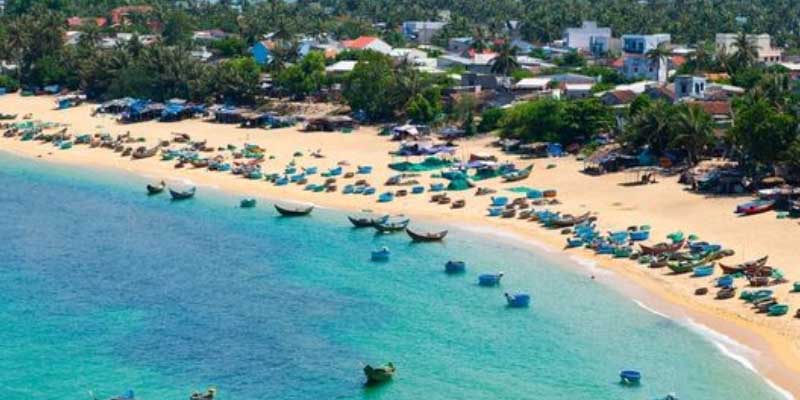
Vietnam's Vibrant Coastline: Exploring the Best Beaches for Sun, Sand, and Surf

Discover Unlikely attractions in Pushkar

Explore Laos: Top 5 Attractions

Beyond the Caves: Top Thrilling Activities in Aurangabad for a 2024 Adventure

Popular cafes in Goa with address
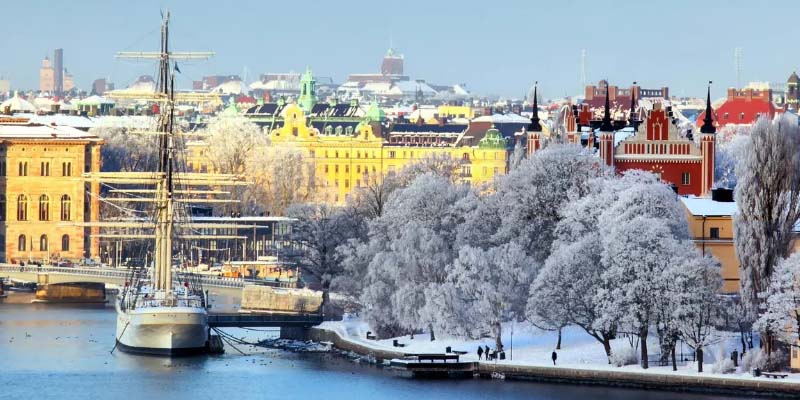
Embracing Winter Magic: Discovering Stockholm's Charms in the Cold
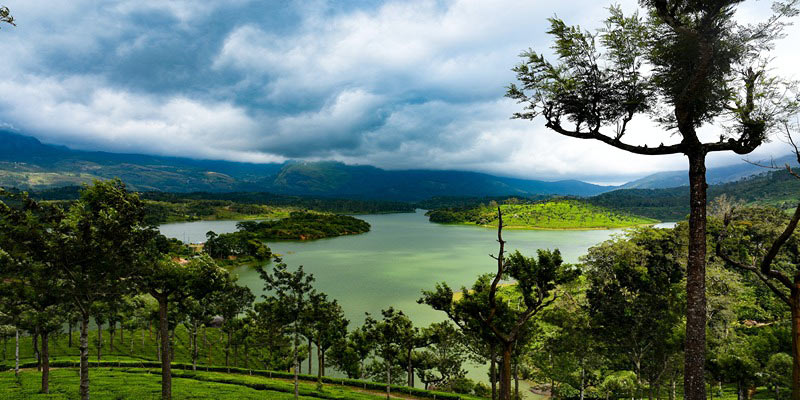
2023 Guide to Kerala's Most Enchanting Hill Stations
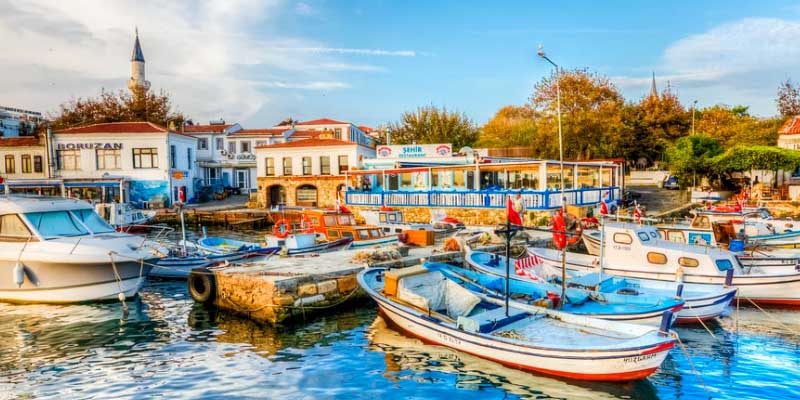
Island Escapes in Turkey: Unveiling 4 Idyllic Gems for Your 2024 Adventure

Delhi's Timeless Treasures: Exploring the Historical Marvels of India's Capital
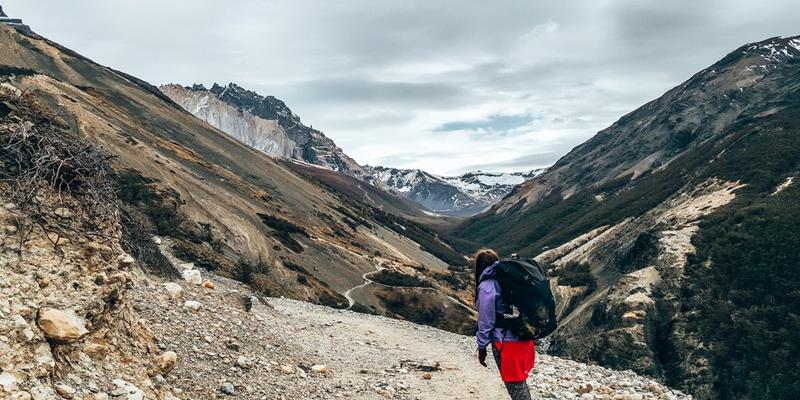
An Up-Close Look At Protecting Wildlife In Uganda

Turkey in October: A Vibrant Fusion of Adventure, Culture, and Culinary Delights
